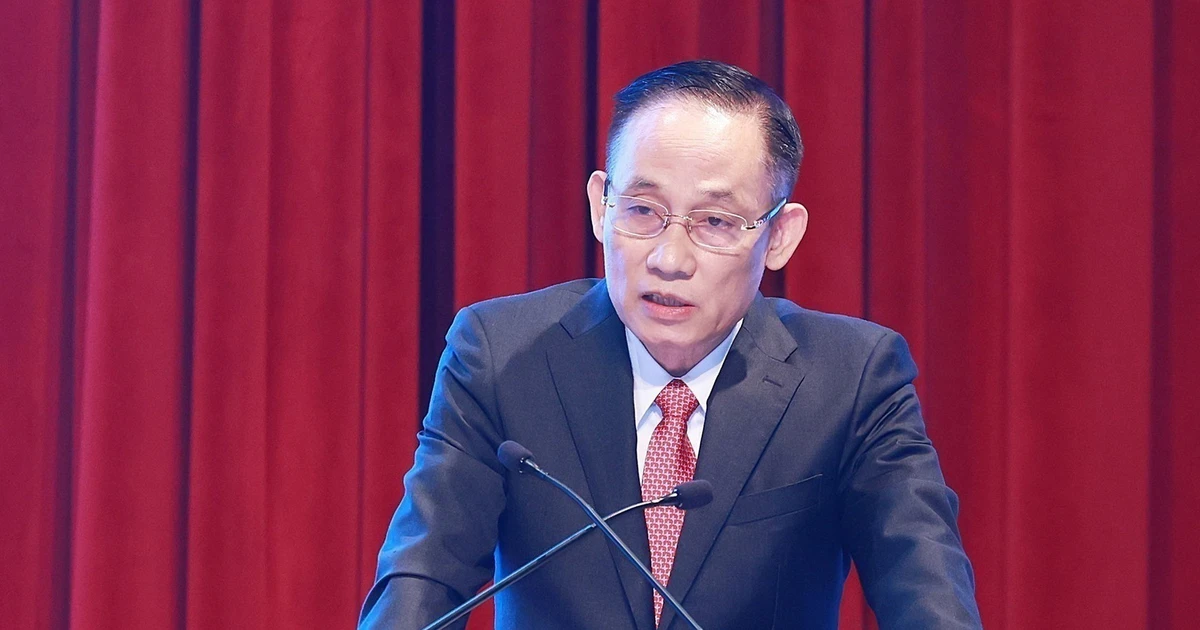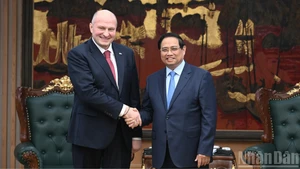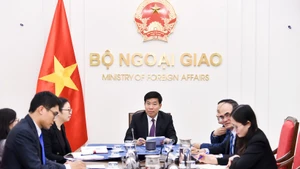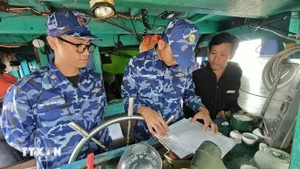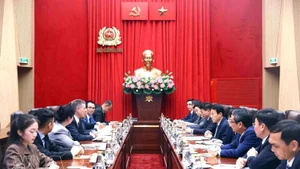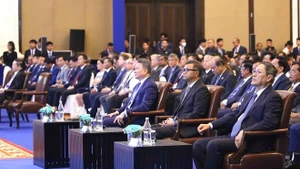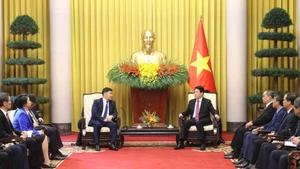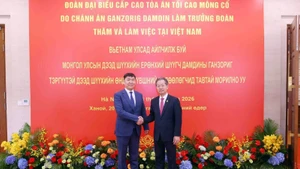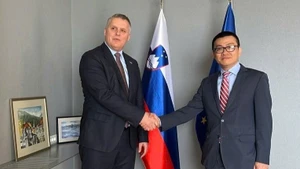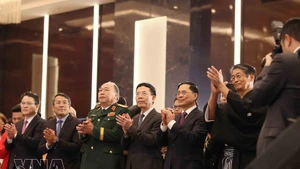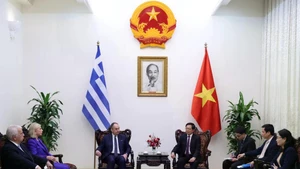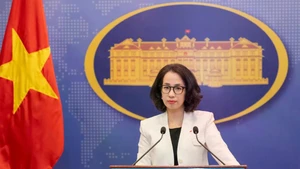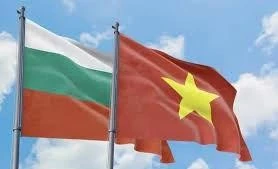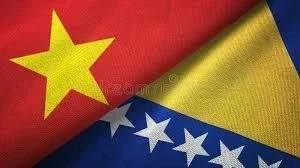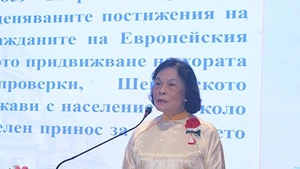In an interview granted to the Viet Nam News Agency following the Party chief’s visits, FM Trung highlighted the significance of the trips, saying that they were not only the first official visits by a Vietnamese Party leader to Finland since the establishment of diplomatic ties in 1973 and to Bulgaria since 1990, but also the first by a General Secretary of the Communist Party of Viet Nam (CPV) to the Nordic and Balkan regions, demonstrating Viet Nam’s commitment to strengthening cooperation with traditional friends and these important regions.
The visits featured a series of important activities, including meetings and talks with the Presidents, Prime Ministers, and parliamentary leaders of both countries, as well as meetings with representatives from political parties, mass organisations, friendship associations, businesses, and the Vietnamese community in the Nordic and Balkan regions. Leaders of Vietnamese ministries and agencies also held productive working sessions with their Finnish and Bulgarian counterparts.
During the meetings, the leaders of both countries expressed their admiration for Viet Nam’s remarkable achievements across fields, and emphasised their high regard for the country’s growing role and position in the Asia–Pacific region.
According to the FM, based on strong political trust and growing practical cooperation, Viet Nam and the two countries agreed to establish the Viet Nam – Finland strategic partnership and the Viet Nam – Bulgaria strategic partnership, which make Finland and Bulgaria first strategic partners of Viet Nam in the Nordic and Balkan regions, reflecting the country’s deep appreciation for its traditional friends and regional ties. The new frameworks open a fresh chapter in relationships between Viet Nam and the two nations, paving the way for deeper, more practical, and effective cooperation across all fields.
Party General Secretary Lam and the leaders of Finland and Bulgaria discussed strategic measures and identified key pillars of cooperation that match the new level of bilateral relations across all three pillars of Viet Nam’s diplomacy — Party-to-Party, State, and people-to-people diplomacy, as well as collaboration in trade and economy, defence and security, science and technology, cultural and educational exchange, and interpersonal connections.
They also stressed strengthening cooperation in emerging fields such as the circular economy, digital transformation, cybersecurity, satellite technology, AI, and quantum technology to create new momentum for deeper bilateral ties and meet the evolving demands of Viet Nam and its partners amid a rapidly changing global landscape.
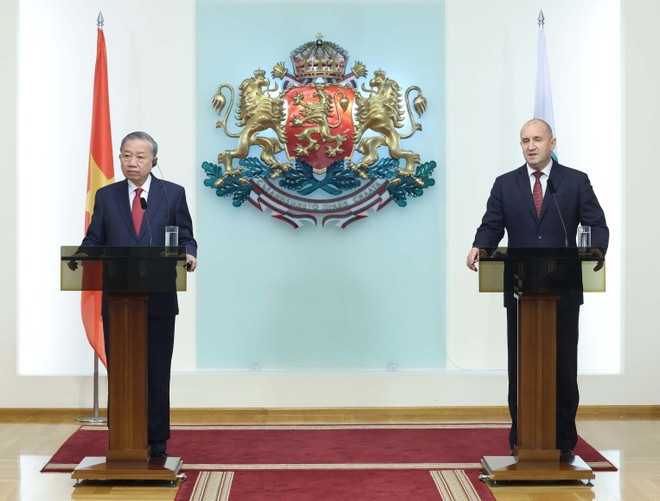
Throughout his key diplomatic engagements with the leaders of Finland and Bulgaria, the Vietnamese Party chief urged the two nations to encourage the remaining seven EU member states to ratify the EU–Viet Nam Investment Protection Agreement (EVIPA) and to actively recognise and support Viet Nam’s efforts to improve legal compliance and transparency in fisheries, aiming to prompt the European Commission to lift its “yellow card” warning against Vietnamese seafood exports linked to illegal, unreported, and unregulated (IUU) fishing.
General Secretary Lam held discussions with the leaders of Finland and Bulgaria on regional and international issues of mutual concern, during which they emphasised the importance of maintaining peace and stability in the region and the world, and their support for resolving disputes by peaceful measures based on international law. They called for restraint and the cessation of conflicts, and agreed to coordinate efforts to strengthen peace, stability, and security worldwide.
The leaders also agreed on the need to serve as bridges between ASEAN and the EU. Regarding the East Sea issue, they supported ASEAN’s common stance on freedom of navigation and aviation, and settlement of disputes by peaceful measures in accordance with international law, especially the 1982 UN Convention on the Law of the Sea (1982 UNCLOS ), thus contributing to peace and stability in the region and the world.
The visits helped strengthen the bonds between the people of Vietnamese and traditional countries, as well as the sense of solidarity among Vietnamese communities not only in Finland and Bulgaria but also across the region with their homeland, Trung said.
The visits advanced Viet Nam’s multilateral and diversified foreign policy, promoting balanced relations with partners in other regions and reflecting the country’s consistent diplomatic approach and identity. They also reinforced a favourable foreign policy environment, mobilised resources for development, particularly in emerging sectors, and enhanced the position of the Party and the nation.
Regarding the visits’ outcomes, FM Trung said they opened a new chapter in Viet Nam’s cooperation with Finland and Bulgaria, conveying three key policy messages - pursuing an independent, multilateral, and proactive foreign policy; reaffirming priority ties with traditional friends; and promoting practical cooperation with key European partners, including EU member states.
During the visits, ministries, agencies, localities, and businesses signed numerous agreements to boost cooperation in areas of mutual strength and interest, including three agreements signed in Finland, covering finance and environment, and ten others in Bulgaria spanning diplomacy, defence, security, finance, education, labour, and local cooperation.
Based on coordinated agreement among ministries, agencies, and localities, Viet Nam will work with Finland and Bulgaria to effectively implement the outcomes of the visits, particularly the joint statements on establishing strategic partnerships, focusing on strengthening high-level political trust; promoting sectoral cooperation in each country’s strengths; enhancing close coordination on regional and international forums; and expanding cooperation in other key areas, towards to further strengthening friendship, mutual understanding, and tightened cooperation between Viet Nam and the two nations
